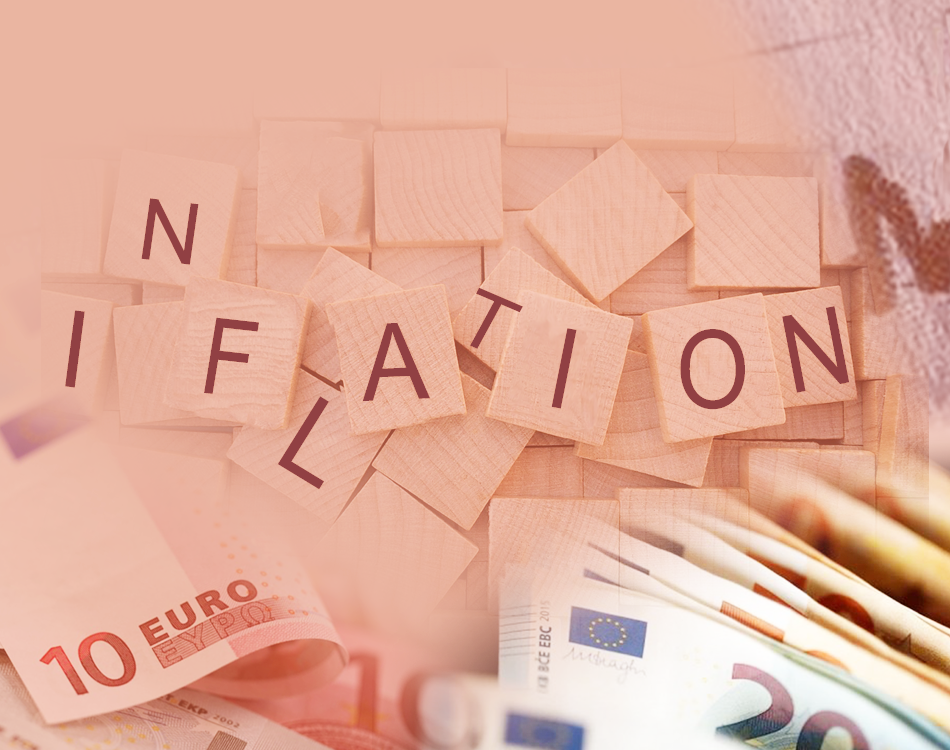Eurostat’s inflation divs for both the Eurozone and Greece have set new records causing a veritable shock around the continent.
In particular, inflation in the eurozone was 8.6% in June from 8.1% in May, according to the preliminary data published today by the official statistical authority of the European Union.
The picture in Greece
According to Eurostat data, inflation for Greece stood at 12% in June from 10.5% in May and 9.1% in April.
It is worth noting that the Greek statistical authority ELSTAT is expected to announce the national price index on July 8.
Worse to come
As is traditionally the case, the percentage is expected to be higher than the one recorded by Eurostat, as a harmonized index, which implies that inflation in Greece is becoming more and more intense.
However, Greece had not recorded an inflation rate of 12% since December 1993, and June divs are an almost 29-year high.
It is worth noting that yesterday, in its report on monetary policy, the Bank of Greece revised its forecast for growth down to 3.2% (1.8% in the adverse scenario) and expects inflation for the whole of 2022 to stand at 7.6%.
In terms of what the factors contributing to this new rise in eurozone inflation, energy tops the list with the highest annual rate in June (41.9%, up from 39.1% in May), followed by food, alcohol and tobacco (8.9%, as against 7.5% in May), non-energy industrial goods (4.3%, as against 4.2% in May) and services (3.4%, as against 3.5% in May).
A “Headache” for the ECB
However, the new rise in inflation is causing a “headache” for the European Central Bank, which in July is expected to announce the first increase in interest rates since 2011. According to analysts, this increase will be of the order of 0.25 basis points, while a similar move is expected in September.
This will result (provided there are no surprises) at the end of the third quarter with the key ECB interest rate at 0.5% (from 0% today) and the deposit rate at 0% (from -0.5% today), ending the era of negative interest rates.




